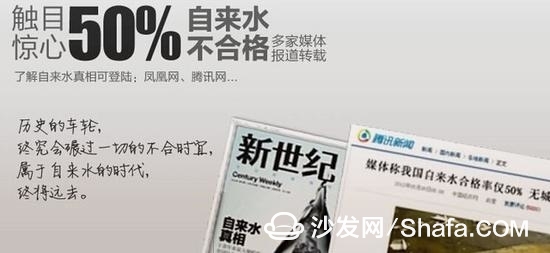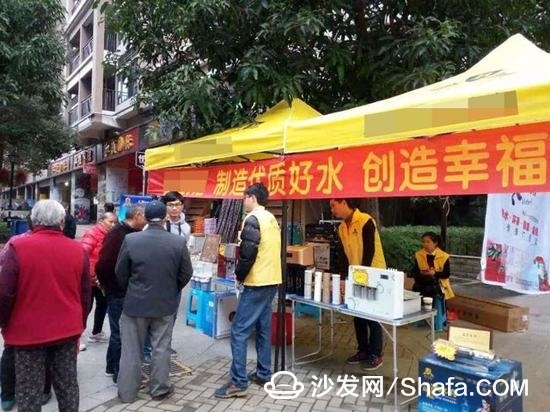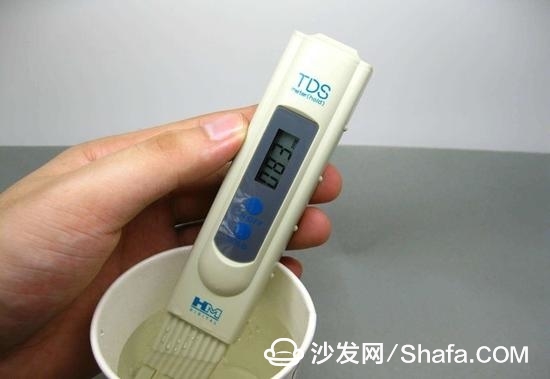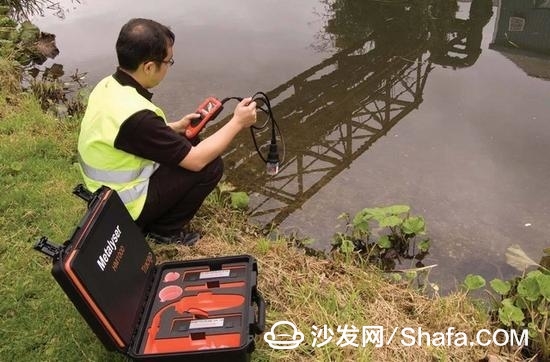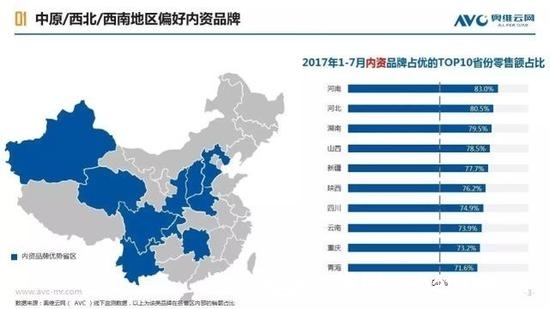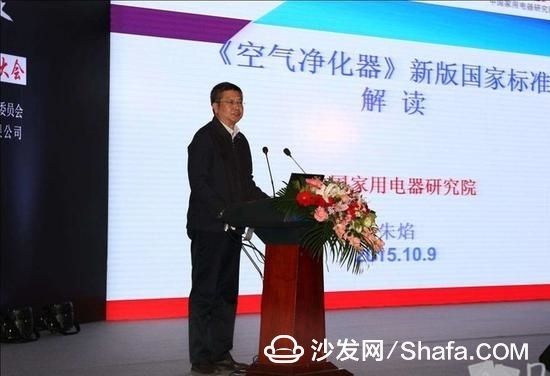Why are profiteers so embarrassed? Do not pay attention to these traps water purifier white bought
Starter Edition: Exaggerating Facts with Real "Should my family not buy a water purifier? What kind of one should we choose—imported or domestic? Is the more expensive one always better?" The answer is simple. Water purification equipment differs from other home appliances, as its quality and type directly affect your family's daily drinking water health. Different regions have different water qualities, and personal usage habits also vary, which means the right product for you may not be the same as for someone else. On the other hand, China's water purification market is still in a rapid development phase, and relevant laws and standards are not yet fully established. This creates an environment where unscrupulous sellers can exploit gaps in consumer awareness. This article will discuss two common traps that buyers might fall into when purchasing water purifiers and how to avoid being deceived by such profiteers. 1. Starter Edition: Exaggerating Facts with Real Many consumers have encountered exaggerated advertising when buying home appliances. Phrases like "removal rate exceeds 99%" are common. Some sellers even exaggerate the pollution levels of tap water. For example, while municipal tap water in China is generally safe, it may get contaminated during transportation. Unethical sellers spread fear by copying phrases like "unqualified water quality," luring customers into making unnecessary purchases. Regarding the effectiveness of water purifiers, some sellers go even further. They promote things like “magnetized water,†“activated water,†or “ionized water,†claiming they can cure diseases such as cancer or heart disease. These claims are clearly unrealistic, yet many elderly people fall for them because they value their health more and are less skeptical. In fact, the Chinese Ministry of Health has explicitly stated that water purification products must not claim to have medical benefits. Another common issue is the prevalence of counterfeit or substandard products in the water purification market. This happens because the industry is still in its early stages, with unclear standards and impatient consumers who are easy to deceive. Unethical sellers take advantage of this by creating various tricks to cheat unsuspecting buyers. How to Deal With It For these basic-level scams, the best approach is to stay alert. If a product is overly hyped and almost deified by sellers, there's likely something wrong. Simply by looking at the facts and not being swayed by marketing, most of these tricks can be easily spotted. Of course, this is just the beginner’s version. The next section will cover more advanced scams that require deeper knowledge to identify. 2. Advanced: Stealing Concepts As long as there's a market, there will be constant games between consumers and scammers. Scammers continuously update their methods, and today’s tricks often involve stealing concepts and avoiding direct answers. One common tactic is using technical terms to confuse buyers. When evaluating the performance of a water purifier, you often see the term “TDS value.†TDS stands for total dissolved solids, including minerals like calcium and magnesium. However, it does not measure heavy metals, which are a bigger concern for water safety. Some sellers falsely claim that TDS pens can detect dozens of heavy metals, which is a clear case of concept theft. For instance, ultrafiltration (UF) water purifiers do not remove minerals, so their TDS values may be higher than those of reverse osmosis (RO) systems. But that doesn’t mean they are less effective. In areas with good water quality, UF systems are often sufficient for daily use. How to Deal With It For those familiar with water purification products, these traps are easy to spot. But for average consumers, it takes time and effort to understand the real value of a product. To avoid being deceived, it’s best to consult professionals or check reliable reviews before making a purchase. In addition to the two main traps discussed here, there are many other deceptive tactics used by scammers. At the core, they all rely on exaggeration and confusion. When buying a water purifier, the key is to stay informed and not be swayed by aggressive sales tactics. Why Are Scammers So Active? Missing Standards Is the Key You might wonder why scammers are so active and constantly changing their tactics. The main reason is that China’s water purification industry is still in its early stage. Market growth often outpaces the development of regulations, leaving room for exploitation. When standards are lacking, the market becomes a free-for-all, allowing unscrupulous sellers to thrive. On the other hand, there is a growing demand for healthier living, but many consumers lack basic knowledge about water purification systems. As a result, they become easy targets for unscrupulous sellers. The current water purifier market resembles the air purifier market from 2013, when smog first became a big issue. Back then, the industry lacked standards and was full of misleading concepts. Over time, as regulations improved, the market became more transparent, and misleading ads disappeared. A similar trend is expected in the water purifier market as standards develop. With increasing awareness of health, the clean water market is expected to grow rapidly in the coming years. Before that, improving standards is crucial. As a regular consumer, the best approach is to educate yourself and make informed choices. Always think carefully before making a purchase, and don’t let aggressive marketing lead you astray. There are many other tricks used by scammers, but they all follow similar patterns. With a little knowledge and attention, you can avoid most of these pitfalls. I hope this article helps anyone planning to buy a water purifier in making a smart and informed decision. Hybrid Split Phase Solar Inverter split phase hybrid solar inverter,48 volts split phase solar inverter,solar inverters 10kw split phase,low frequency solar inverter split phase,solar inverters 3kw split phase Shenzhen Jiesai Electric Co.,Ltd , https://www.gootuenergy.com